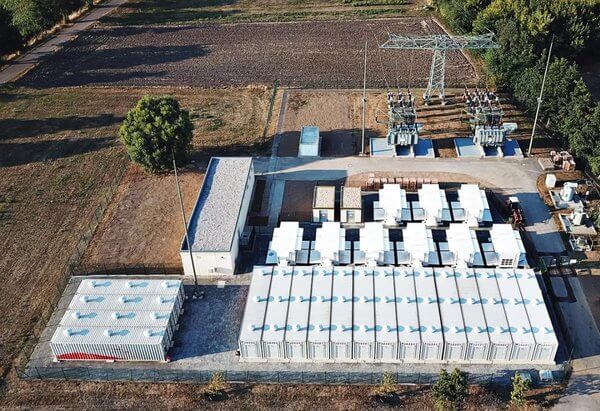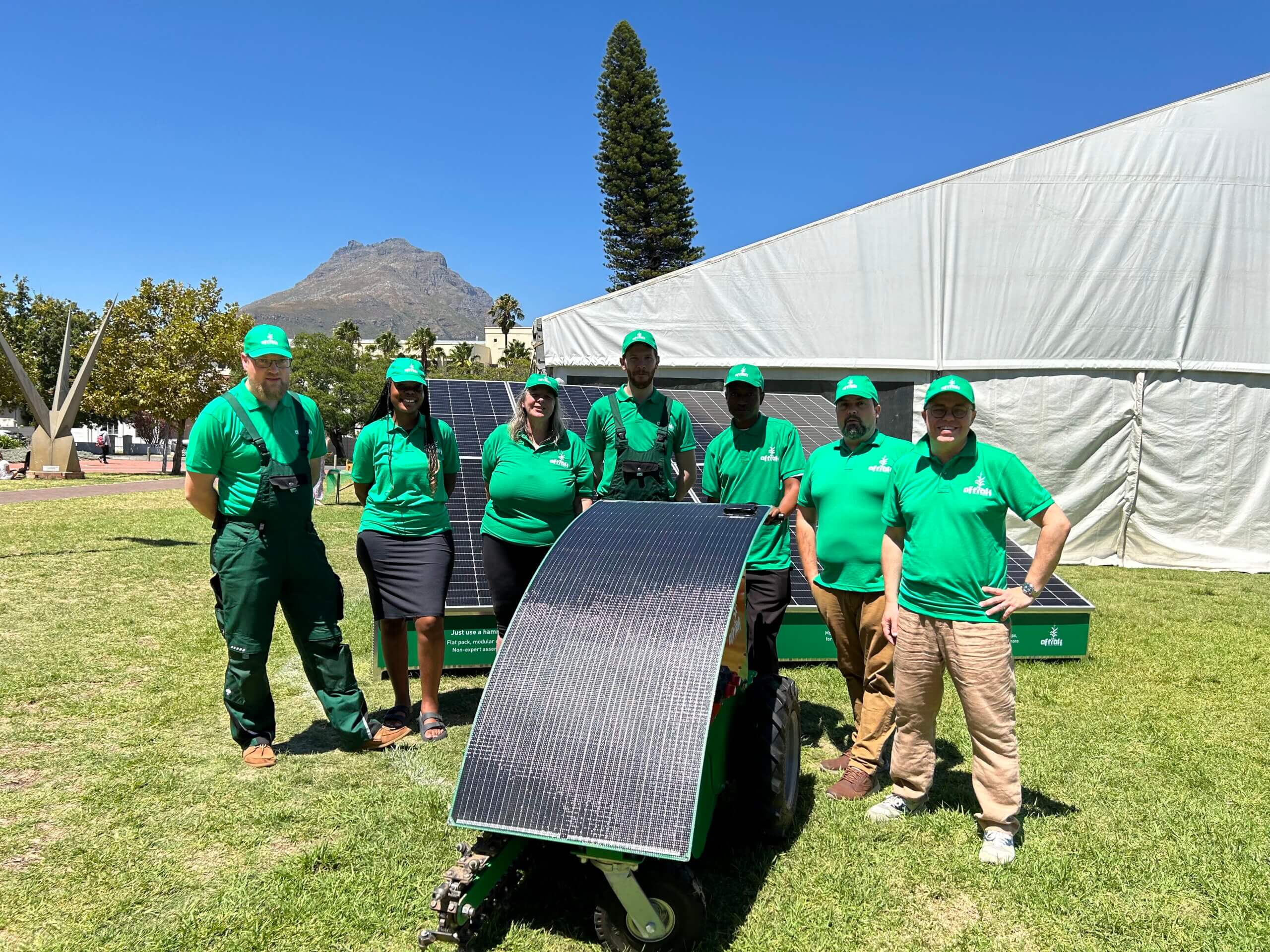
Two CBI members, Narada and Microporous, have been acknowledged as ‘honorable mentions’ by the judging committee at the U.S. annual Battery Council innovation awards.
Narada has partnered energy storage operator Upside Group in an innovative frequency regulation project, which represents the first large-scale application of lead-carbon batteries in grid-level frequency regulation energy storage systems.
The project was for the German power grid (see the CBI case study here) and the installation, at Langenreichenbach, has a planned construction capacity of 75MW. The installed capacity of the first phase of the project is 16.4MW, and the peak energy storage capacity can reach 25MWh. This project consists of 18 containers, and the battery consists of 10,584 units of 1200Ah lead-carbon valve regulated cells. It is powered by nine inverters, each of which can provide 1.8 MVA.

Narada was one of the pioneers in terms of developing lead-carbon battery systems in energy storage. The company says this project is the first investment and operation model project in the overseas market.
Narada chose Germany as a test location because its utilization of renewable energy is one of the most advanced in the world. Its power grid frequency regulation market is thus a mature power market auxiliary service trading market.
Narada’s project development team was responsible for the finance and development of the entire project. Narada will work with Upside to finish building the project, with a total investment of around €42 million ($47 million).
Meanwhile, the awards committee said that separator product developer Microporous’ innovation — a product known as the DCA Booster Mat — provides greater dynamic charge acceptance without needing any change for the negative active material in the battery.
The Booster Mat can be bundled with the firm’s SLI or industrial separators and is suitable for enhanced flooded batteries — meaning that it allows charge acceptance optimization in high rate partial state of charge requirements (such as in start-stop applications).
Microporous hopes to have completed prototype testing in the next 12 months. It will then develop partnerships with battery companies to evaluate and market the product.
Divya Tiwari, Technical Manager at Microporous, said the innovation offers excellent charge acceptance in industrial markets such as motive power, where opportunity charging is required.

25/04/2024